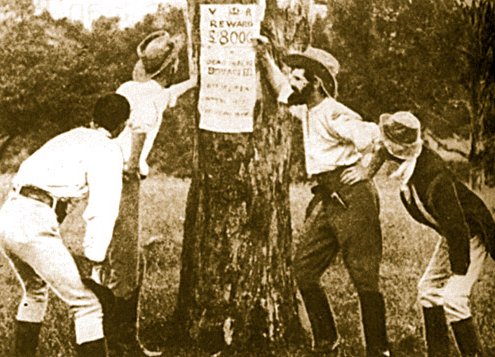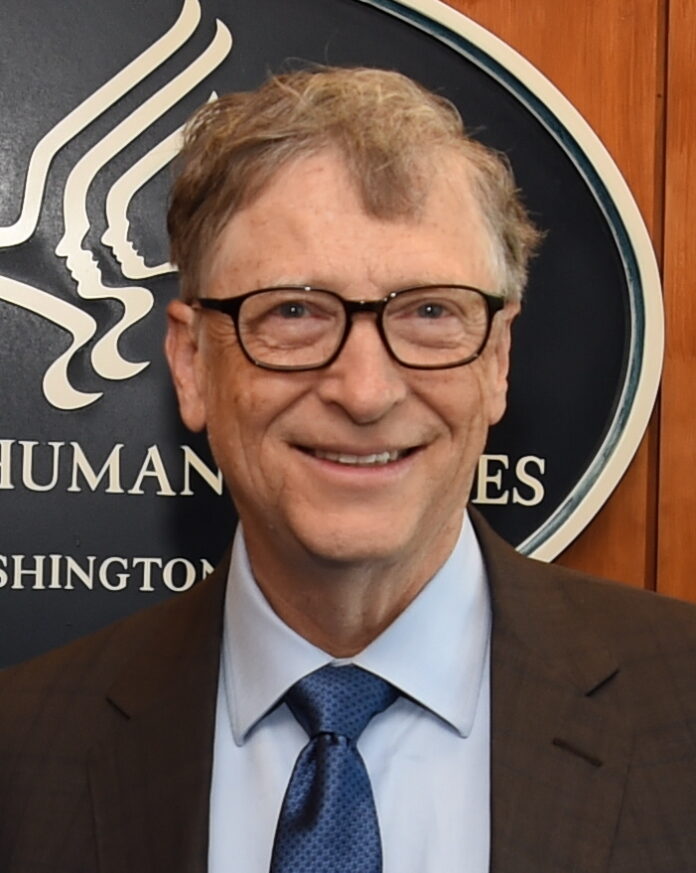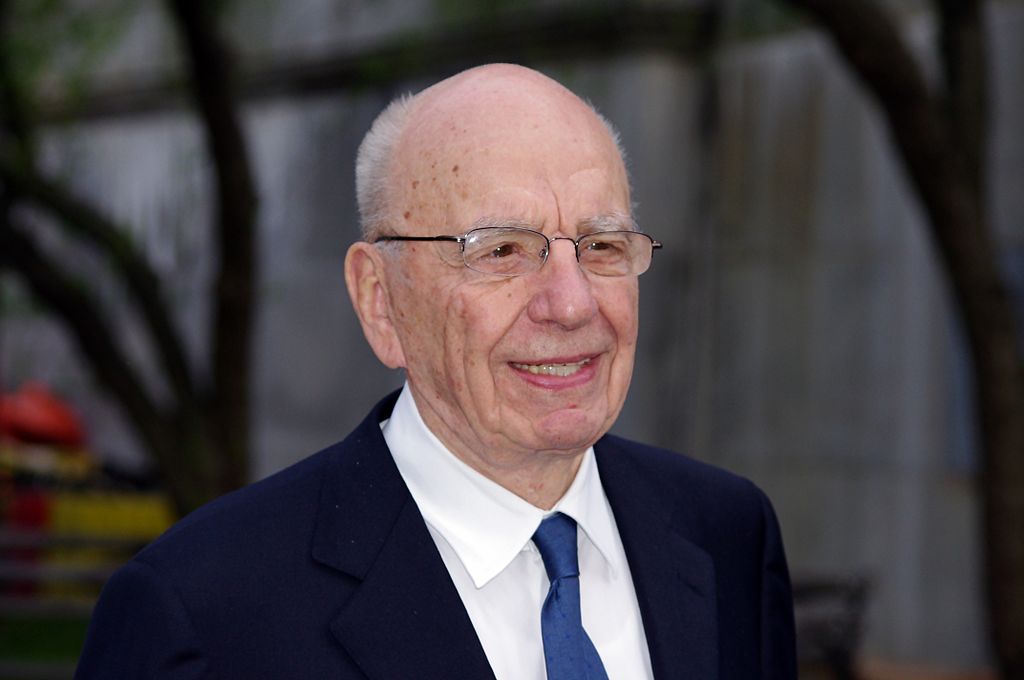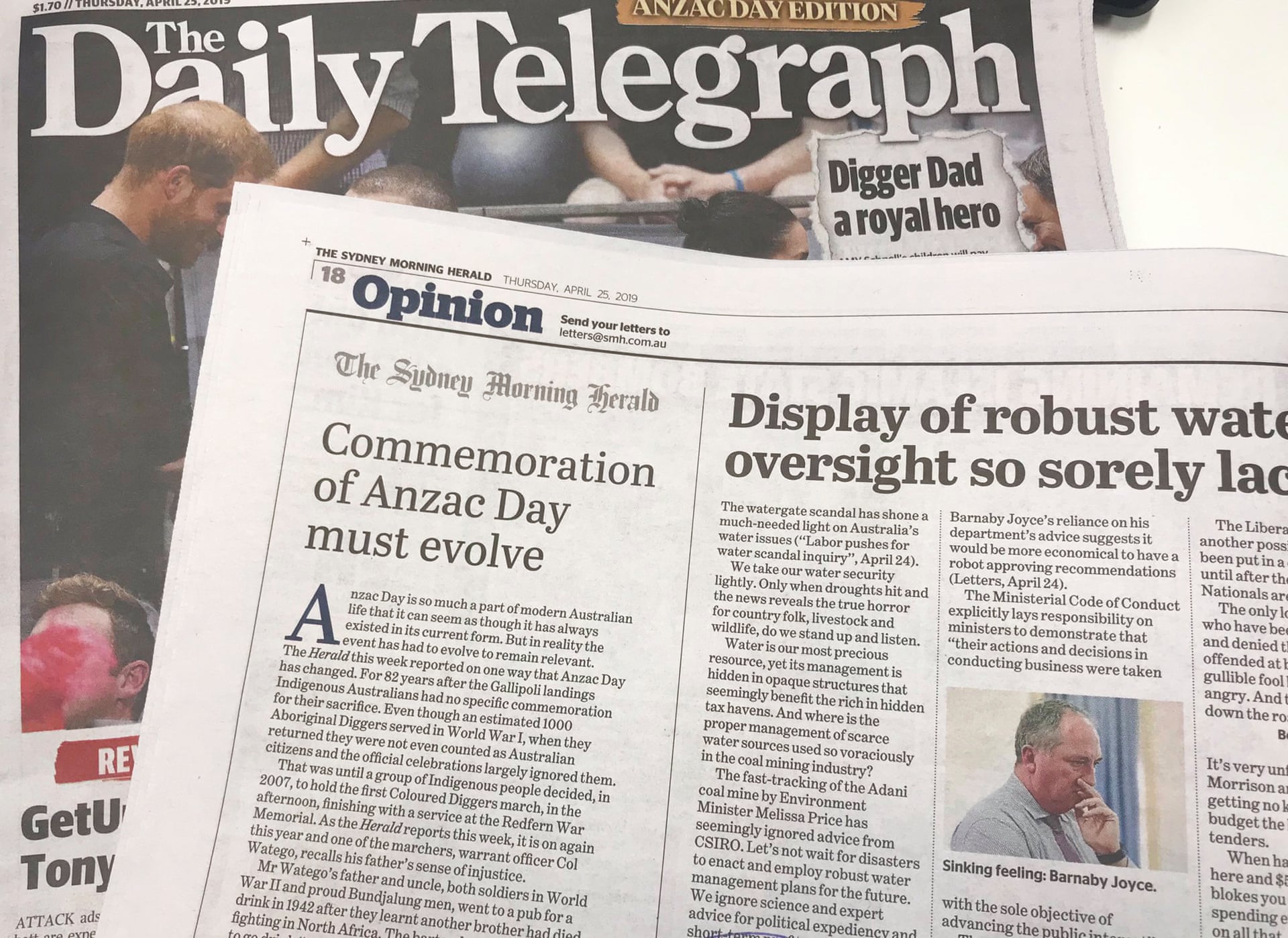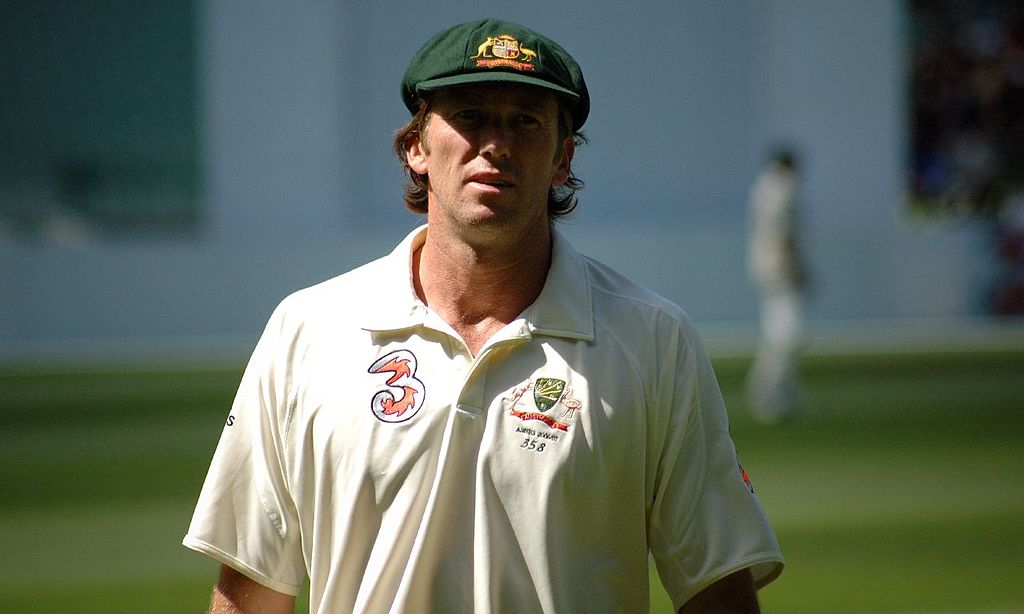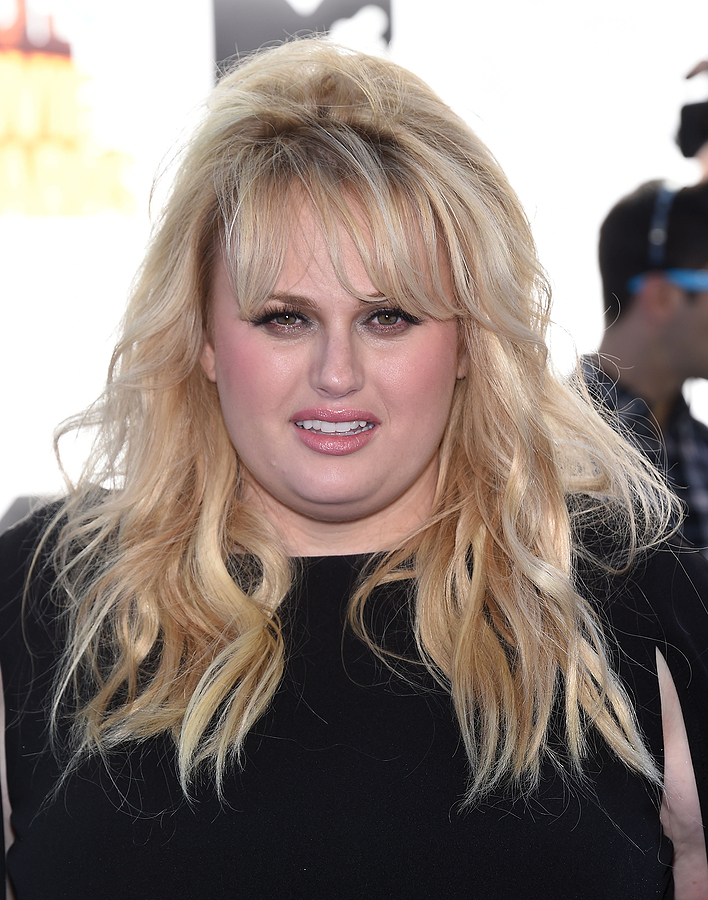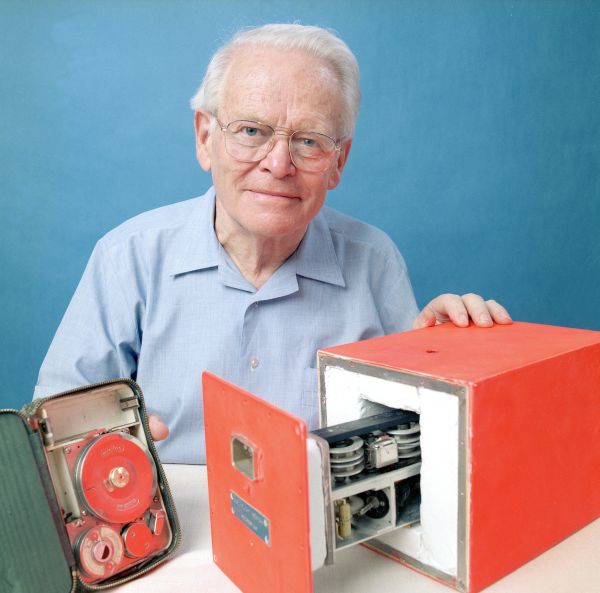A gastric sleeve surgery is a medical procedure which involves cutting away and removing a portion of the stomach in order to lessen the amount of food required to keep it full. This can help significantly in lowering the hunger levels, causing the individual to eat much less as a result. This is particularly helpful for those who are considered obese, and who are struggling to lose weight.
By cutting away the stomach, the amount of area that is needed to be filled in order to lessen feelings of hunger are reduced, and this way the amount of food consumed is much less. As a result, the amount of calories consumed is also reduced, and thereby weight loss occurs. Furthermore, a reduction in stomach size means that the hormone ghrelin is produced less too, and this hormone is responsible for feelings of hunger, which also contributes to weight loss. Gastric sleeve surgery has become increasingly popular in the past recent years, due to a variety of factors. One of these factors is that more and more people are becoming overweight and gradually obese. Obesity in adults and children have been documented as increasing in many western countries. While many of the population have taken a more serious and considered approach to health and fitness, too many are still overweight.
Who is eligible for a gastric sleeve surgery?
Gastric sleeve surgery should be reserved for those who are considerably obese to the point where it poses serious health concerns, rather than just those who are overweight and can lose weight with discipline, fitness and a diet. Some checkpoints to see if you are eligible for a gastric sleeve surgery are if your Body Mass Index (BMI) has a score of 40 or more, or if it is 35 or more and you have conditions such as high blood pressure or Diabetes type 2, you are actually committed to losing weight through lifestyle and diet changes and if you are fit enough for general anaesthetic and gastric sleeve surgery. Moreover, you should have tried to lose weight through exercise and diet for 6 months and this has not changed a lot.
What actually happens during a gastric sleeve surgery?
Prior to the gastric sleeve surgery, you will be given a general anaesthetic which will put you to sleep for the remainder of the medical procedure.
The gastric sleeve surgery takes around an hour to an hour and a half to complete, and is performed using keyhole surgery. The surgeon will then make some small cuts in the stomach, and will use a laparoscope, as well as other surgical instruments, to cut away a portion of the stomach which is then sealed using staples.
Aftercare and recovery
You will need to stay in the hospital for a further 2-3 days to heal from the gastric sleeve procedure. It is more than likely you will need some form of painkillers or pain relief, and over the counter medicine is available for this. During the first day after surgery, you will be unable to eat solid foods and can only consume clear liquids. For the next several weeks, your diet will remain mostly liquid and then eventually soft foods, while your stomach and wound heals. It is important to speak with your weight loss dietician, as you will need to follow a strict diet in order to not stretch the gastric sleeve and to lose considerable weight. Small portions will likely fill you up very quickly. After surgery, rest is important, and you need to make sure you do not strain the wound. It is a good idea to have someone with you to help you with everyday activities. Generally after 2-4 weeks, you can return to living normally and return to work, as well as exercising according to what your weight loss dietician says.
Side effects
There are some side effects that can come with gastric sleeve surgery.
Some of these include pain, bruising and swelling around the area of the wound. If you eat more than what your stomach can hold, you will likely vomit or feel sick. It is important to eat smaller portions and chew them well so that your stomach can hold it, as well as adhering to your gastric sleeve diet plan.
There are some complications that may occur as a result of the gastric sleeve surgery, including blood clots, bleeding, pain and wound infection. You may also have an inflamed stomach lining, ulcers, heartburn; stomach scarring that can result in bowel blockage, injury to organs surrounding the stomach or even staple line leakage and serious infection. These should all be taken into consideration before going ahead with the gastric sleeve surgery, and whether or not you want to take these risks.
Myths about gastric sleeve surgery
You will lose all of your extra weight after the surgery
There is a far spreading assumption that after the gastric sleeve surgery, you will be able to drop to a healthy and normal weight again. While this is sometimes the case with those with BMI ranges of 40, those above this will likely lose around 60-65% of their excess weight and then stabilise. This is still a considerable result; however it is not all of the weight for those who are considerably obese.
Stitching the lining of the staples will help to prevent leaks
A certain device is used in order to cut away the stomach and seal it into the gastric sleeve. It does this using three different rows of small titanium staples. Some surgeons will stitch up the staple lining as well in order to further prevent leaks; however it has not been proven or shown to actually work.
In summary, a gastric sleeve surgery is not for everyone.
It is not recommended if you are only overweight, and can lose the excess weight through diet and fitness. A gastric sleeve surgery is reserved for those who are very obese or morbidly obese, resulting in serious health complications and risk of early death. Normally, through diet and fitness, a normal individual can lose weight over time ‘naturally’, and significantly lower their risk of any health complications related to being overweight and obese.
However, for those who are severely affected, it can be very difficult to do so, and the use of a gastric sleeve will help to kick-start their weight loss and encourage further weight loss afterwards. It can often be a lifesaving surgery, as many who do not make any changes will die an early death due to their eating and lifestyle choices. It is better in general to prevent getting to the level of weight where a gastric sleeve surgery is necessary. Health, fitness and diet is something that should be looked at seriously, and taken into consideration when making everyday lifestyle choices. By simply exercising 30 minutes to 1 hour a day, making healthier eating choices and looking after your body consistently, you can easily prevent becoming overweight and exposing yourself to significant health risks. A gastric sleeve surgery is one of the last resorts, and it is best not to have to look at it at all.



 Of course, you want to know that the person you are hiring to act as your tax agent in Perth is a reliable professional who has a good reputation. You can’t just go the first advertised accountant you see and expect to get the best result – they will vary in quality, and you want to do some research to ensure the person you are working with is the right one.
Of course, you want to know that the person you are hiring to act as your tax agent in Perth is a reliable professional who has a good reputation. You can’t just go the first advertised accountant you see and expect to get the best result – they will vary in quality, and you want to do some research to ensure the person you are working with is the right one.
